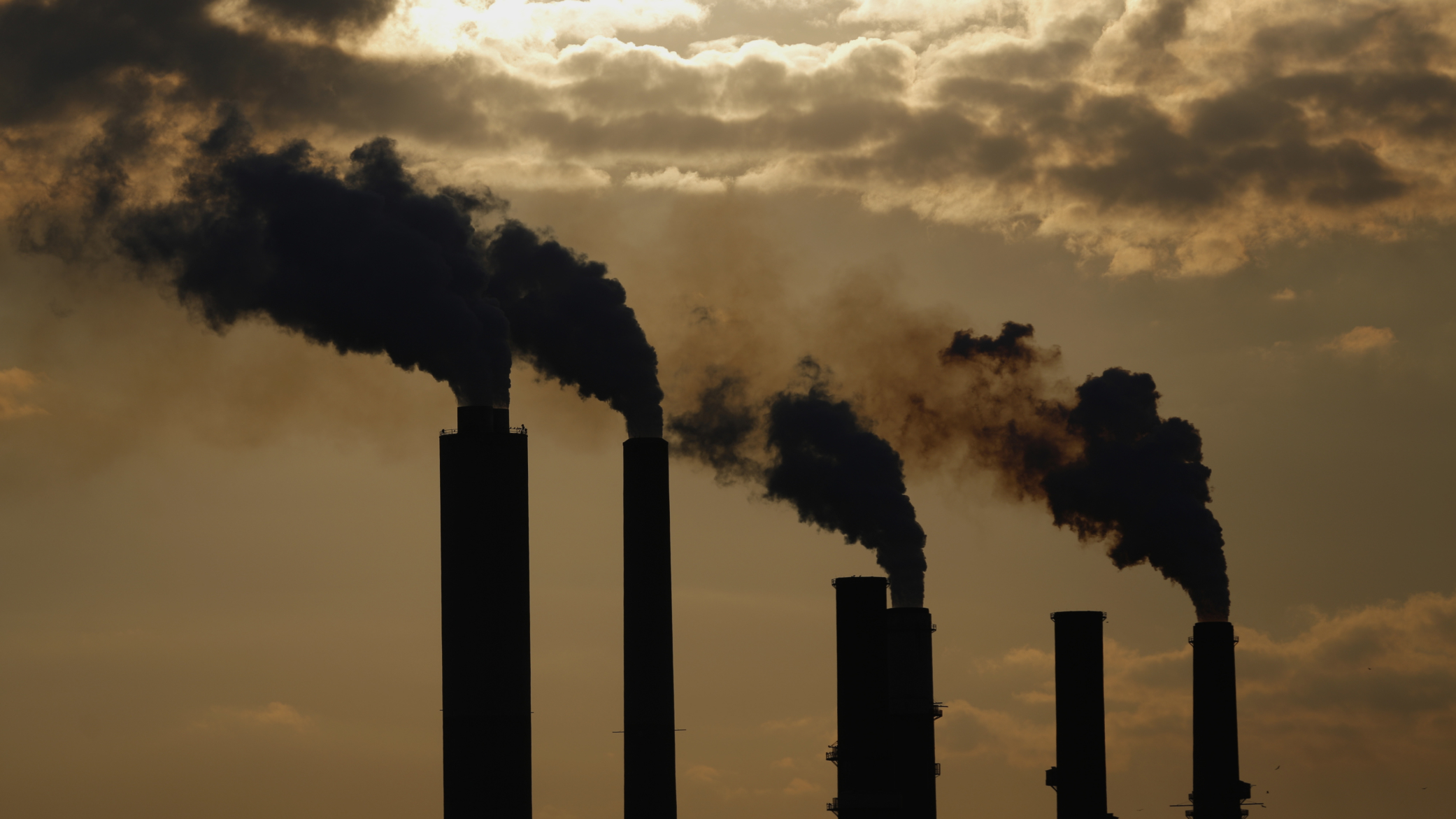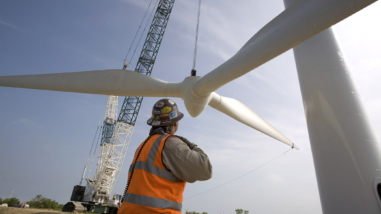Today the Trump administration proposed to repeal the Clean Power Plan, the nation’s first carbon regulations for power plants. It’s the wrong direction for our country, for our economy, and for the public’s health and welfare. It’s also out of step with what the public wants.
The problem of climate change is real and urgent. The majority of Americans in all states and Congressional districts support limits on carbon pollution. To many Americans, too many, the problem is increasingly personal, as their communities recover from hurricanes like Harvey, Irma, and Maria. As I write this, wildfires are wreaking havoc in the lives and livelihoods of Northern Californians, the latest in what feels like an endless season of extreme fires. Science shows that climate change means greater risk for more severe fires on nearly every continent, as well as stronger storms and more severe flooding. Climate change is no longer a problem for the future.
Americans sent more than 8 million comments to the Environmental Protection Agency (EPA) in support of standards limiting carbon pollution from new and existing power plants – the most ever received by the agency. Clearly the public wants the EPA to protect it from dangerous carbon pollution.
The U.S. business community has also rallied around support for climate action. Hundreds of leading U.S. businesses have voiced support for national climate commitments and the Clean Power Plan. They know what the Administration seems to have forgotten: action on climate is a way to drive American competitiveness, innovation, and investment, as well as reducing ordinary citizens’ energy costs.
Governors, mayors, state legislators, and regulators have also lined up to support the Clean Power Plan and are moving forward with solutions that reduce air and carbon pollution and grow the clean energy economy, creating good-paying American jobs. They understand the economic, environmental and health benefits of clean energy and the risks associated of fossil fuels. They will continue to support clean energy over fossil fuel energy because it’s cheaper, safer, and healthier for their constituents.
Under U.S. law, the EPA is required to limit carbon pollution. The Supreme Court has ruled on three separate occasions that the Agency has a responsibility under the Clean Air Act to protect our families and communities from harmful carbon pollution from power plants and other sources. The Administration is legally obligated to regulate carbon pollution, notwithstanding its desire to ignore what climate science and common sense tell us is true. Businesses and industries understand this and are investing accordingly. In the meantime, today’s decision will be challenged in court, as it should be in a nation still governed by law.
While we wait for the judges to rule, we can take comfort in the fact that this decision is not leading other nations, states, or cities around the world to back away from their own strenuous efforts to address climate change. China, India, and Europe—joined increasingly by nations in Africa, Latin America, and Asia—are all aggressively pursuing a climate mitigation agenda. We look forward to the day when the U.S. rejoins that global community. Until then, we will continue to support the efforts of those working to combat this global threat.




